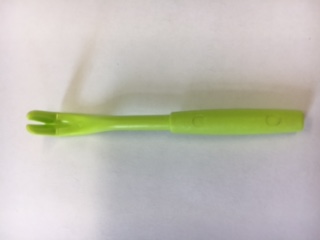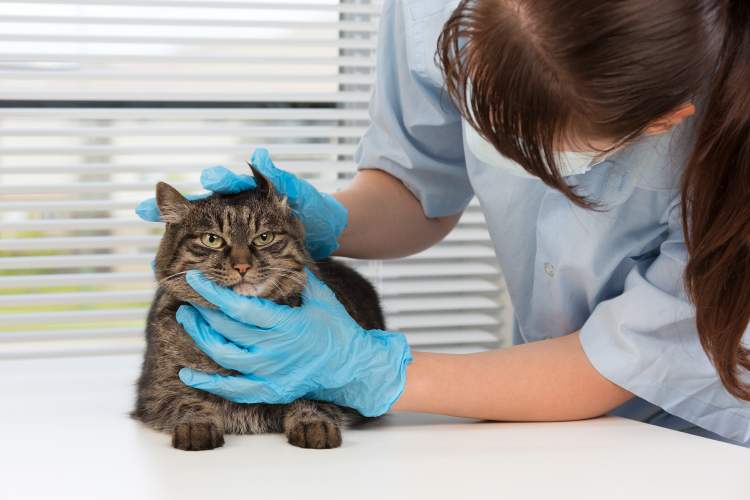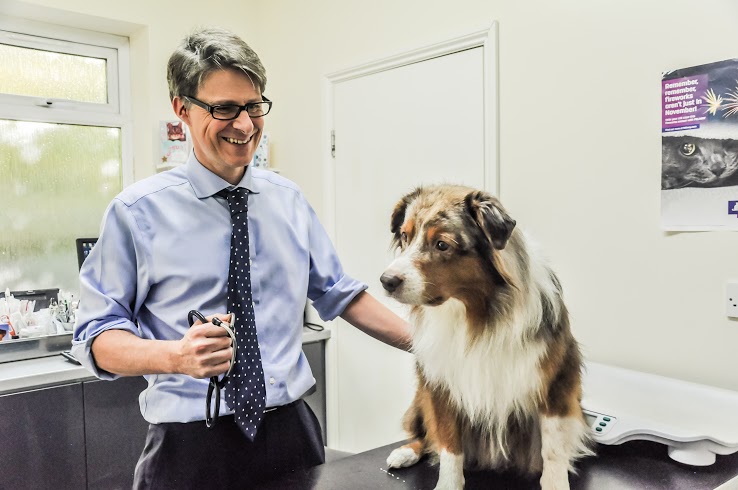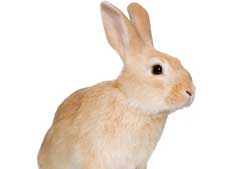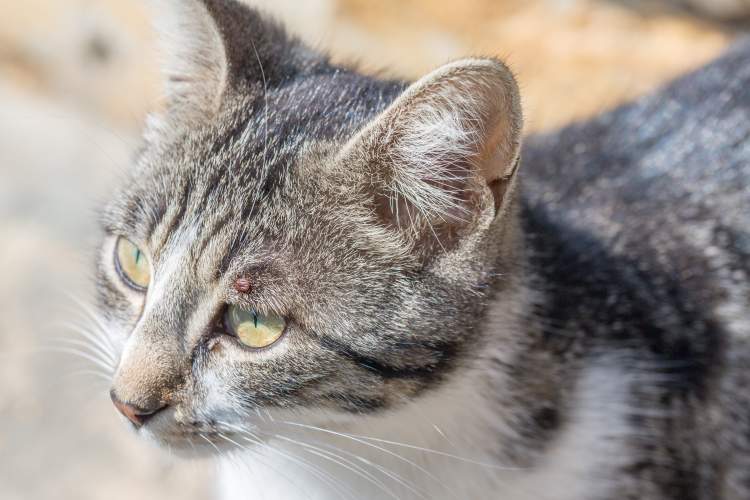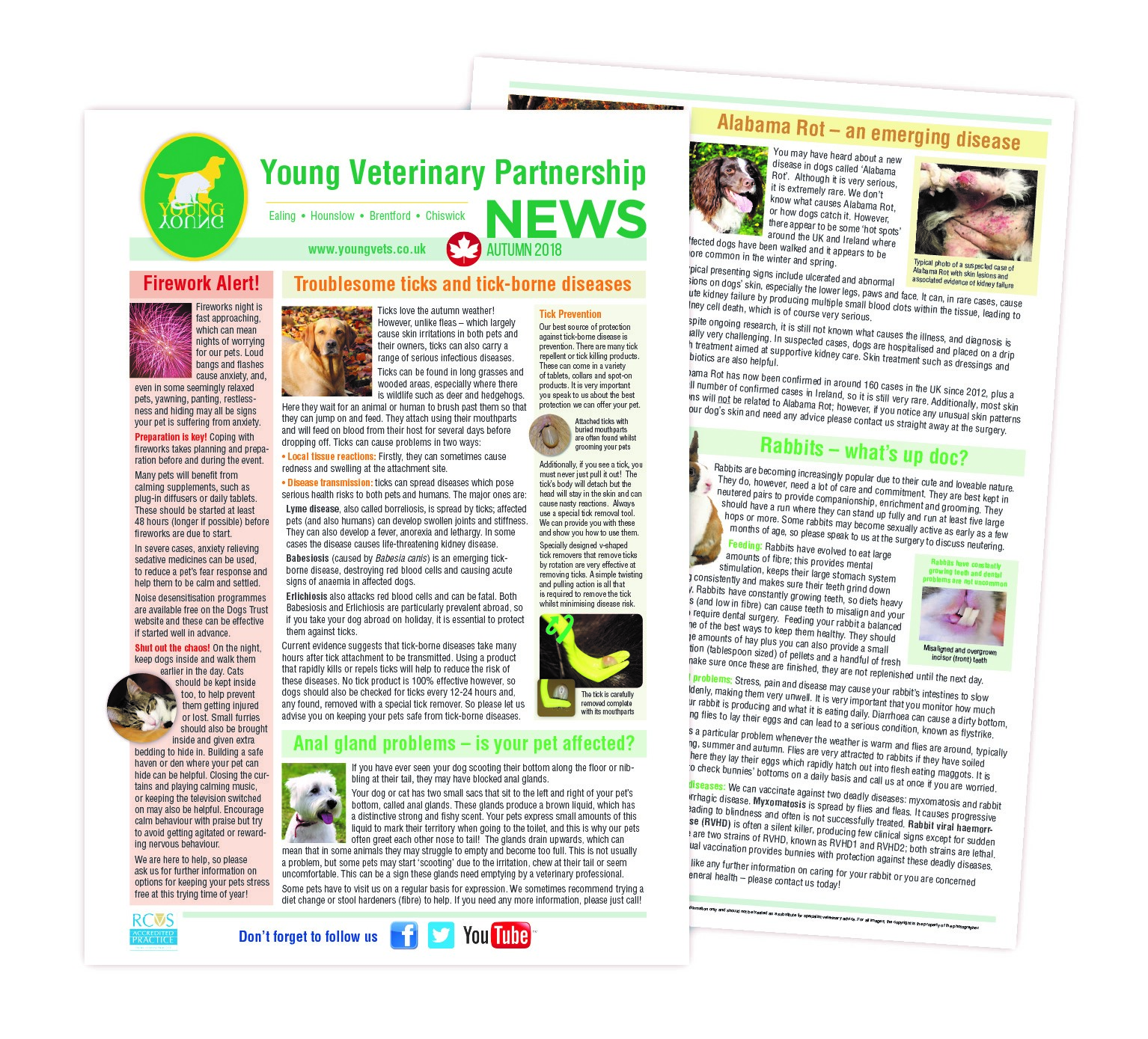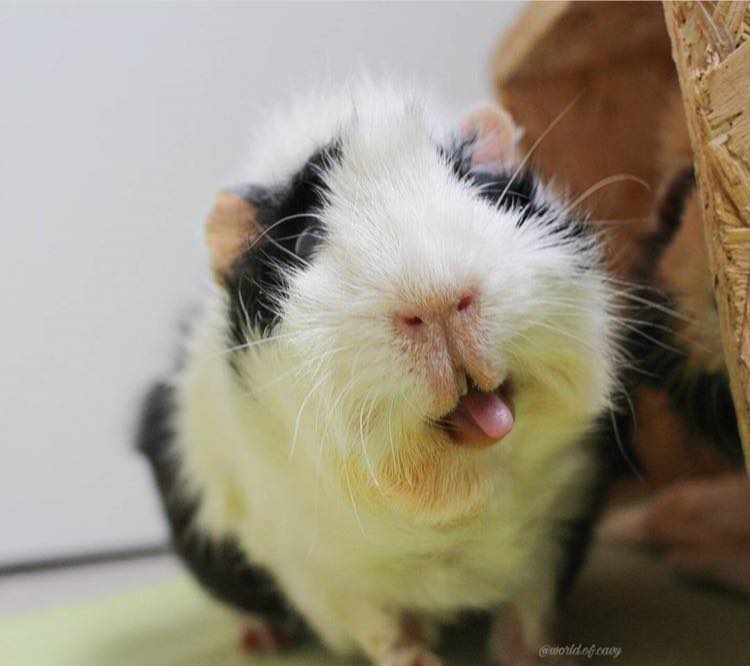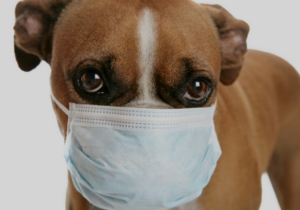What are ticks and do they infest cats?
A recent study found that 6.6% of cats in the UK are infested with ticks. So what are they, how can you protect your cat, and what is the best tick treatment for cats?
Where are ticks found?
Ticks are closely related to spiders, with adults having eight legs. They feed on blood and attach to their hosts by anchoring into the skin using their mouths. They are most commonly found in areas of grassland and woodland shared by deer and livestock but can also be brought into urban environments by small mammals like hedgehogs. This means that cats can be exposed in a wide variety of environments.

What are ticks and do they infest cats?
Will ticks make my cat ill?
When ticks bite, redness, swelling and irritation can occur – and sometimes these areas can become infected with bacteria. Cats appear to be relatively resistant to the effects of Lyme disease, but can suffer from other tick-borne diseases such as anaplasmosis, which may require treatment. Infected cats may develop a high fever and raised lymph nodes, so if your cat appears unwell, or if there is a visible reaction at the site of a tick bite, it is best to take your pet to the vet for further advice. The good news is that potentially fatal tick-borne infections such as Babesia felis and Cytauxzoon are not present in the UK.
Are ticks on cats a health risk to people?
Ticks found in the UK can transmit infections such as Lyme disease to humans. People are usually exposed to ticks by walking through pastures, fields and woodland. It is advisable to check yourself every 24 hours if spending time in these areas, and to also use tick repellent spray on skin or clothing. Because cats do visit areas inhabited by wildlife infected with Lyme disease, it is also the case that they may bring infected ticks into homes and gardens. Although owning a pet does not directly increase the risk of Lyme disease in humans, preventing the spread of infected ticks is another good reason to use preventative products on your pets.
How can I keep my cat safe from ticks and tick-borne diseases?
Ticks can be managed by physical removal or the use of preventative products.
Physical removal of ticks
As the bulk of tick-borne infections in the UK are thought to take at least 24 hours to be transmitted after tick attachment, pets should be checked every 24 hours and any ticks should be carefully removed. However, this may be easier said than done, as some cats spend long periods of time away from home, and others may not be entirely cooperative!

A green tick twister.
Rather than sticking to a rigid daily regime of tick checking, do so while grooming or stroking your cat. Run your hands over their body, especially around their face, neck, legs and feet. A tick will feel like a small lump on the skin, and may vary in size from 1mm-1cm. They can be removed with a tick hook, using a simple ‘twist and pull’ action. A fine pointed pair of tweezers can work too, with a ‘straight pull’ technique being used. Crushing the tick with your fingers or a pair of blunt tweezers will increase the risk of disease transmission. Traditional methods to loosen the tick such as the application of petroleum jelly or burning are also best avoided, as these are likely to stress the cat and tick alike.
If in doubt, visit your local Young Vet’s branch, and a vet or nurse will be happy to remove the tick for you and demonstrate the best techniques for you to use at home for tick removal.
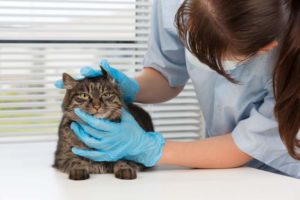
What are ticks and do they infest cats.
Use of tick prevention products
The use of products that rapidly kill or repel ticks is useful in reducing tick-borne disease transmission, and also the number of ticks that have to be physically removed. These days, a number of different highly effective preparations should be available from your local vets. If applied correctly, the best tick treatment for cats offer up to a 100% success rate in killing ticks. However, it is still important to check your cats for ticks regularly.
What if my cat is travelling abroad?
There are different ticks and tick-borne diseases abroad that are not present in the UK. It is very important, therefore, to treat cats travelling abroad with an effective tick prevention product before, during and after travel. In addition, you should check your cat at least every 24 hours while abroad, and remove any found with a tick removal device. Finally, it can be beneficial to get a vet to check your cat for ticks on return to the UK.
If you are concerned about ticks on your cat, do not hesitate to contact our friendly team for more help and advice.
This blog and images have been written and produced by Catdialog team.









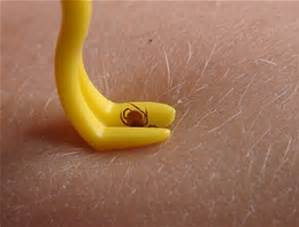

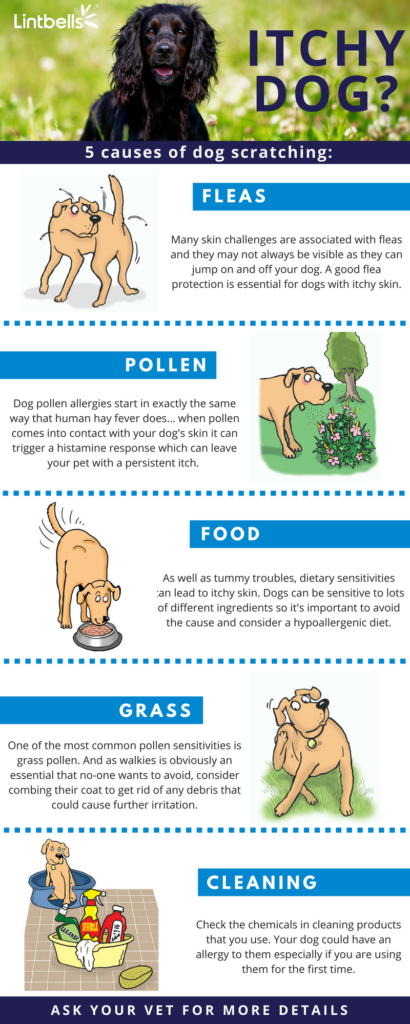






 area – looking for a vet to help you care for your pet?
area – looking for a vet to help you care for your pet? 

